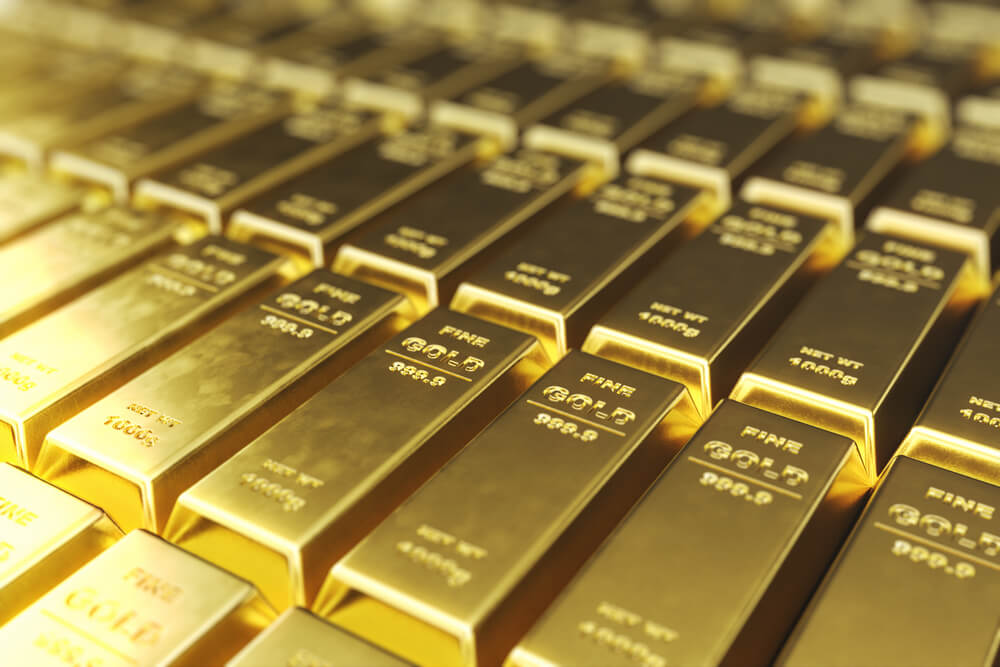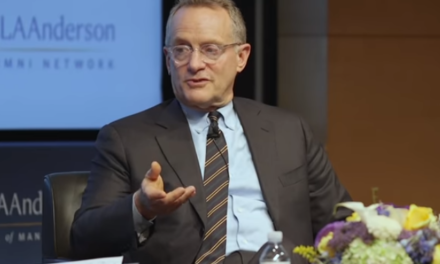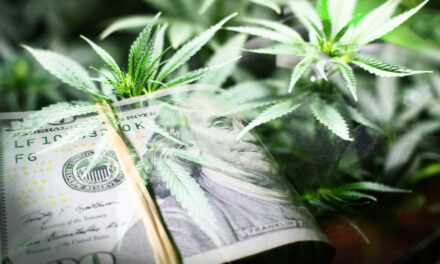With the economy slowing and the Federal Reserve ready to backpedal into the first interest rate cut since the 2008 financial crisis, gold is again, finally, on the rise.
Economist and gold expert Peter Schiff said in an interview this week that this is the beginning of a gold boom, and this won’t be the final Fed funds rate cut.
“In fact, they are going to cut rates next week and this is going to be the first step on the road back to zero. And the Fed is also going to return to quantitative easing,” Schiff said. “But we just found out that Donald Trump is cutting a deal with a Democrats to basically throw out any progress Republicans made back in 2011, thanks to efforts of the Tea Party, to at least try to rein in the increase in government spending. So, they’re throwing caution to the wind. We are going to see deficits going through the roof over the next several years, and that’s even without the recession, which I believe is coming and which is going to make them much, much worse.”
And along with more money printing (quantitative easing, or QE), will come inflation, which will push gold higher, Schiff said.
“All of this is very bullish for gold,” he said. “If you understood what all of this means, you would be buying gold as fast as you can.”
Schiff said gold, currently trading a shade over $1,400, will rise to 2011 levels between $1,800 and $1,900 an ounce, and might not even run into resistance at $1,900. He also noted the hypocrisy of Fed board nominee Judy Shelton’s backing of the gold standard while also calling for a rate cut.
“If anybody actually believes in a gold standard, then they believe that the market, not the Fed, should be setting rates,” he said. “And if the Fed were to allow the market to set rates, rates would be much higher. The only reason rates are as low as they are is because the market is anticipating how the Fed is going to react in the next recession, which is quite imminent. So I think it’s wrong. If Judy Shelton really wants to return to a gold standard, then she wants higher interest rates, because higher interest rates is what we would get if we went back on a gold standard.
“We don’t have enough savings. We don’t have enough capital investment. We have too much borrowing on all levels. And that’s because the Fed has held interest rates artificially low. So, if the Fed can no longer do that, then rates are going to rise, at least in the short run. But the government has been able to manipulate interest rates artificially lower to boost the GDP, to prop up the stock market and other asset bubbles. But all of that is going to blow up and interest rates are going to go sky-high.”




